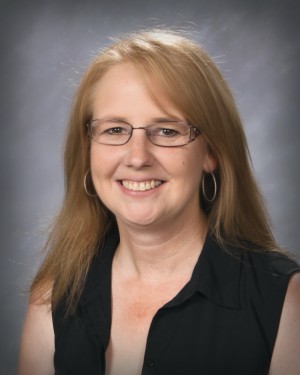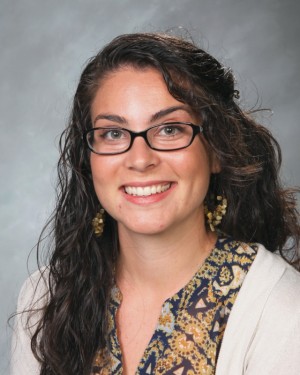Juniors opt out of new form of standardized testing
Recently Washington state approved a new form of standardized testing called the Smarter Balance Assessment, or more commonly known as the SBAC. The testing was scheduled to start the week of April 28, and since that date many students have decided to opt out of this new assessment.
“I already took the HSPE and the SBAC doesn’t count for anything and it’s in a really busy time of the year amidst AP tests,” junior Christian Brandt-Sims said. “And I don’t really want to sit in the auditorium for five hours.”
According to Counseling and Assessment Secretary Cindy Murie, approximately 250 to 300 students have taken the first part of the test, while about 60 have decided to “opt out,” or rather, refuse to take it. At other schools around the state, particularly in Western Washington, there have been boycotts against the test.

“We haven’t been impacted by the boycotting a lot,” Murie said, “but we have a few students that have refused to take the test. There is a form their parents have to fill out so that they don’t have to take the test. A lot of students call it an “opt out” form, but it’s actually refusal because it’s a required test, not an optional test.”
Many students shared Brandt-Sims views of the test being a major time conflict, especially for juniors who were AP testing all that week.
“It was just at a bad time,” junior Ali Brandt said. “The first testing day, I had two golf tournaments and the week after I had AP testing. I would have been fine taking it another time.”
Others thought that the SBAC was just a plain waste of time.
“I think that the SBAC test is just a waste of time,” junior Tori Peterson said. “I was bullied into it, and it wasn’t useful at all. All it accomplished was taking kids away from class. We shouldn’t have to do it — we do so much standardized testing anyway.”
When students refuse to take the test, they receive a zero on it. According to Murie, though “opting out” doesn’t affect the student directly, it is affecting the overall score of the school, which in turn impacts the school’s accountability and federal funding.
It’s kind of sad that this is what our education system has become.
— Racael Simmons
“The test will affect the Class of 2019 though,” Murie said. “It will replace the state graduation requirement test. 2019 will be the first year that the students will have to pass it to graduate.”
For some students who did take the test, they just used it as an excuse to skip class and take a break from the regular school day.
“I took the SBAC test because then I knew the whole day would be excused and I didn’t really want to go to class,” an anonymous junior said.
“Honestly, I purposefully took forever during the test because I didn’t want to go to Mr. [Todd] Busse’s Physics class, because we had a test that day and I didn’t want to take it,” another anonymous junior said. “By the time I finished they just told me to go to the library.”
Teachers view the SBAC with a different opinion, though along the same lines.

“I think that it’s good for the nation to have common standards in the main core subjects — including math,” math teacher Tom Alexander said. “It’s also very reasonable to assess kids … but now saying that, I feel like we over-assess them. These days in education we teach by assessment, instead of teaching to assess.”
“These type of state tests always evaluate students in areas that I don’t teach, so I don’t know that much about them,” French teacher Rachael Simmons said. “But I do think that it’s frustrating for teachers to have ever-changing curriculums, tests, and standards.”
Simmons noted that the juniors have taken around eight state tests in the past three years.
“That’s crazy,” she said. “And then you add in all the finals and tests that you already have to take, and also the AP tests which the advanced kids have to take. I remember last year when I was helping grade senior presentations, and there was this one girl who said that the biggest thing that she learned during high school was how to take tests. That really hit home with me, and it’s kind of sad that this is what our education system has become.”
In contrast, Assistant Principal Donna Moser felt most students, in general, took the testing seriously.
“I think it’s important for me to say I appreciate really the effort of the students these last couple of weeks. I was really excited about their good attitude towards having to take another test,” Moser said. “I was just super proud of them, it’s easy to take a negative spin on things, and I really felt like the majority of the junior class really demonstrated integrity, and did a great job.”



